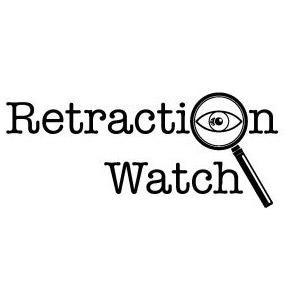In August 2020, Retraction Watch will turn 10 — a milestone we still can’t quite wrap our minds around. When we started the blog in 2010, we thought we might have enough material for a post or two a month. Little did we know that our little side gig would eventually lead to the world’s largest database of retracted papers; or that there would be so many of them (now more than 1,400 per year); or, to be honest, how little we (and others) knew about these events.
This year saw several important developments for our project. We entered into a partnership with Zotero that allows them to alert users to retractions of any papers in their personal libraries — and, we hope, helps researchers to better avoid citing retracted papers in their work. Our database now includes more than 20,000 retractions.
Continue reading A look back at Retraction Watch in 2019 — and forward to our 10th anniversary









